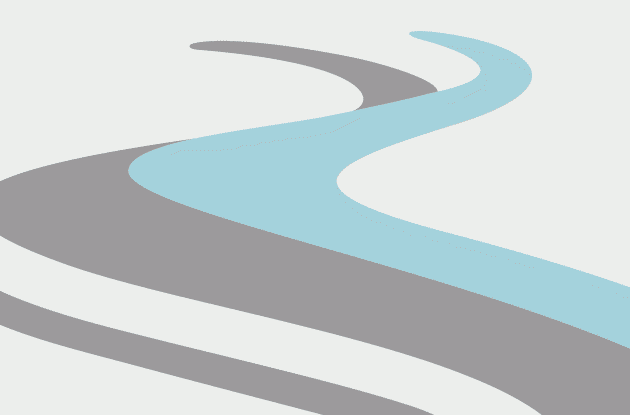WADA Proposes Night Tests at Tour de France
Drug testing ran smoothly at this year's Tour de France but the International Cycling Union (UCI) should consider introducing night checks, the World Anti-Doping Agency (WADA) said.
Drug testing ran smoothly at this year's Tour de France but the International Cycling Union (UCI) should consider introducing night checks, the World Anti-Doping Agency (WADA) said.
WADA sent observers to the Tour in July to assess anti-doping procedures as Alberto Contador recorded his third win in the race.
The Spaniard later failed a test for the banned agent clenbuterol. He denied doping and blamed the result on contaminated meat.
"It is rare to see an international federation conduct such a comprehensive anti-doping programme," WADA said in a report.
"The team at the UCI should be congratulated on both their execution of the programme and their willingness to adapt, modify and try new approaches throughout this Tour."
However, the Independent Observer (IO) Team made a few recommendations to the UCI governing body including a suggestion that riders be tested at night.
The report said the UCI should "seriously consider removing the informal knowledge and comfort all riders have in knowing they will not be tested in the middle of the night".
WADA also said the UCI should be responsible for sanctioning cheats, instead of having to go through the national federations.
"It is the opinion of the IO Team that for such a high profile event in the sport of cycling, the UCI should be the default results management authority rather than delegating any sanctioning process to the national federation of the individual charged, as is the current practice," the report said.
"This would ensure greater consistency in decision making and facilitate the speedy resolution of such results."








